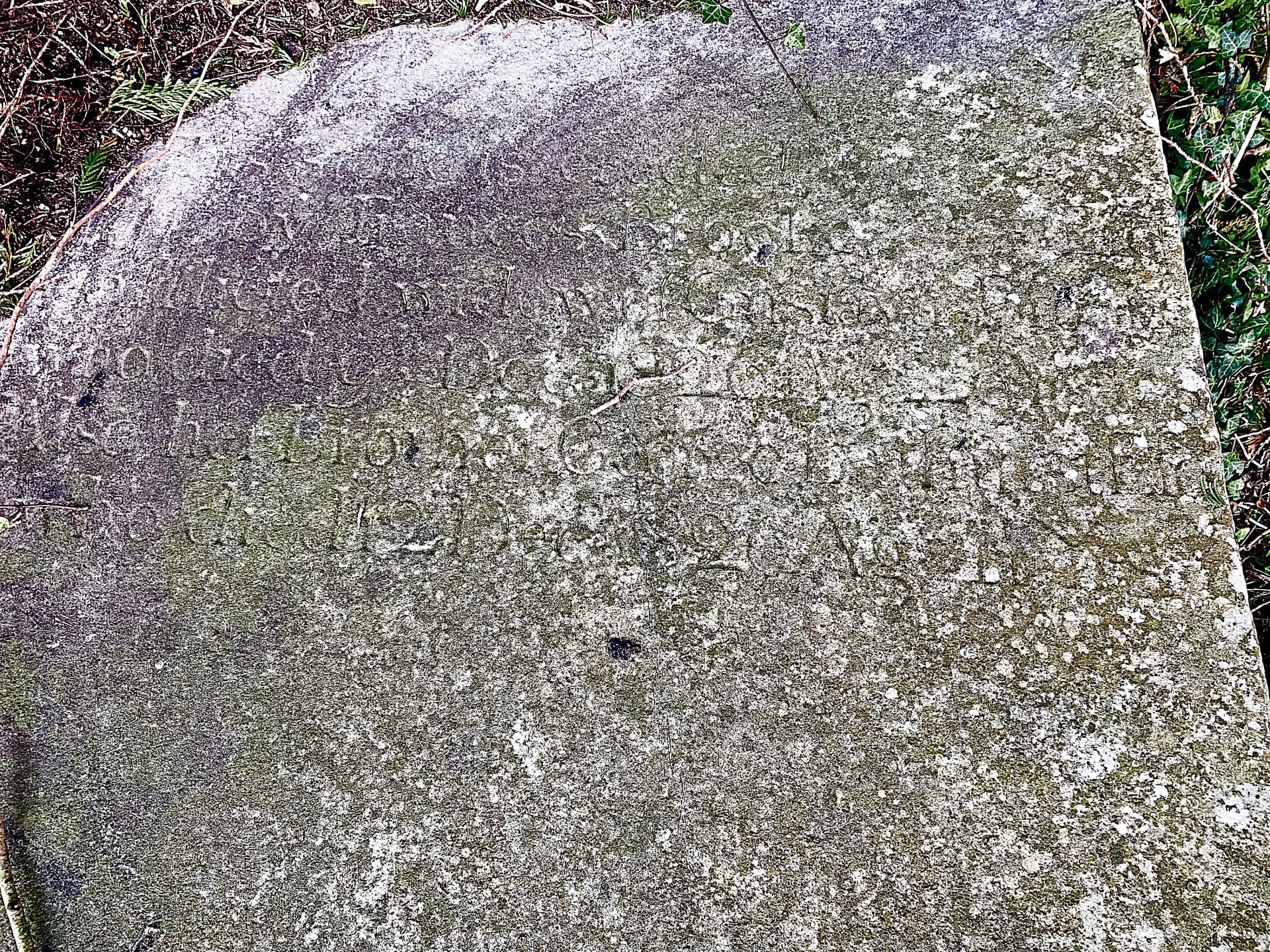
The storied history of Longford has many characters that added to the pantheon of Irish literature. Oliver Goldsmith, Padraic Colum and Maria Edgeworth are among those whose literary gifts went far beyond this island.
One name of enormous significance, yet without much of the accolade other writers enjoy, is Charlotte Brooke. Ms Brooke commenced her profession as a translator in 1787 with hopes of preserving Anglo-Irish poetry.
A distinguished writer, whose book Reliques of Irish Poetry contains translations of myths and poems from Irish, Charlotte died at Moneylagan, near Newtownforbes, in 1793 and is buried in St Paul's Churchyard.
County Longford Historical Society will host a lecture by Stephen McCracken on the contribution she made to the preservation of Irish culture and her links with the United Irishmen.
Mr McCracken is a public historian from North Derry, now based in Antrim. He is active in teaching 18th century history across the community.

“I've penned a number of books on the United Irishmen, and I've explored the Ulster Scots in the North,” Stephen told the Leader, “My interest in Charlotte Brooke comes through the Irish language and her dedication to preserve it. Her work came at a time of the penal laws. Irish wasn't outlawed, but it wasn't desirable to use it.”
The preservation of Irish poetry was a task she dedicated herself to: “She made it her mission to scour the country, recording and translating Irish poetry. Basically we have her to thank for what the Irish language we have today. The great leaders in the 1890s, pioneers of the Irish language, they all took from her book.”
Born around 1740, Charlotte was one of 22 children, however only two survived to adulthood: “This is a well-to-do family. Charlotte Brookes' father had quite a lot of money. It was very unusual for those people, the ascendancy, to have so many weaned pass away.”
Her father was Irish novelist and dramatist Henry Brooke. Henry achieved some notoriety in London when his play Gustavus Vasa was about to be staged at Drury Lane Theatre, only to be banned because the villain resembled Prime Minister Robert Walpole.
Charlotte's most celebrated work, Reliques of Irish Poetry, was published in 1788. Although a popular tome it was not a commercial success: “It took a lot of money to actually develop that script. The fancy script we associate with written Irish of the time was developed for the book. That's the first time of printing in this style, so it cost a wild lot of money,” Stephen explains.
The writer ended her days dependent on friends, dying in County Longford in 1793: “I don't see that as a tragedy. I think it's nice she was with her friends. She must have been frail enough, even though she wasn't an old lady.“She was middle-aged when she passed away, she wasn't married either, which was a stigma at the time.”
Stephen McCracken's lecture for County Longford Historical Society will hone in on the impact of Reliques of Irish Poetry: “It is great to explore the links with the United Irishmen, because the United Irishmen really developed in the wake of the publishing of Ms Brooke's book. There's a wild lot of United Irishmen who were influenced by her writing.”
The lecture takes place on Wednesday, March 20, at 8 pm in Teallach Íosa, St Mel's Road, Longford.
Subscribe or register today to discover more from DonegalLive.ie
Buy the e-paper of the Donegal Democrat, Donegal People's Press, Donegal Post and Inish Times here for instant access to Donegal's premier news titles.
Keep up with the latest news from Donegal with our daily newsletter featuring the most important stories of the day delivered to your inbox every evening at 5pm.